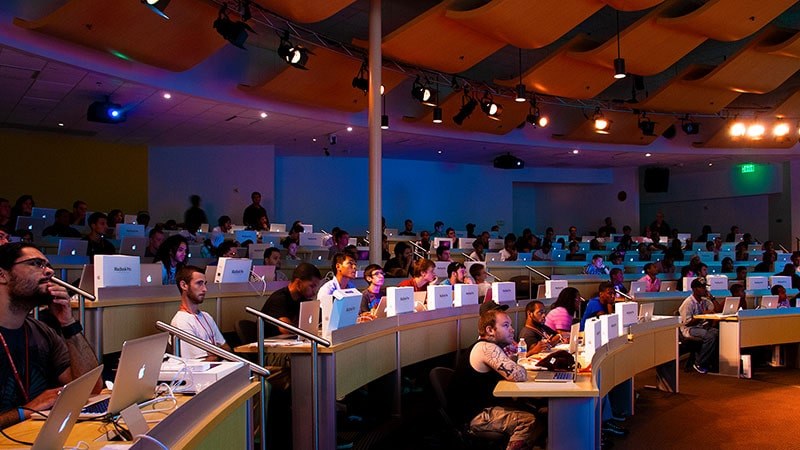Pro Advice
Five Mistakes Journalists Make on Social Media
It used to be that journalists – with the exception of broadcasters and columnists – were more or less anonymous except for a name in the byline. Print journalists weren’t expected to be a “personality” – their job was simply to report the news objectively and unobtrusively.
Now that media is increasingly multimedia, this is not exactly true anymore. Social media – which is inherently public – is another way for journalists to cultivate readers, leads and sources. On Twitter and other sites, print journalists, along with columnists and broadcasters, now have a face and a voice.
This new medium is not something that every journalist does well, say Jeff Sharon and Meredith Cochie, Course Directors for Full Sail’s New Media Journalism Master of Arts degree program. However, to be effective and relevant, there are certain guidelines journalists need to follow when using social media as part of their jobs, say Sharon and Cochie.
Here are 5 Mistakes Journalists Make on Social Media:
#1 It’s All About Them
“The first mistake is the ‘I’ mentality,” says Cochie. “They’re getting on social media and they think it’s all about them.” Journalists who fall into this trap use Twitter as a news feed mainly to tweet their own headlines and promote their own stories.
It’s okay to tweet about what you’re writing, but that shouldn’t be all you’re doing, say Sharon and Cochie. Journalists should be trying to engage their followers by tweeting other relevant information and stories, by commenting on other people’s tweets, and by asking questions. “Your Twitter account is not your mom’s refrigerator,” adds Cochie.
# 2 Getting into a Food Fight
Print journalists may not be used to instantaneous feedback, but it’s the new reality for all journalists. And of course, flaming is common, even for mundane articles. “There are trolls,” points out Sharon. “People are going to retweet you and say what they say. Don’t get emotional about it.” He recommends being open to reader comments but ignoring people who are intentionally trying to stir things up. It’s fine to clarify facts if there is a legitimate question, but don’t get into food fights on social media, says Sharon.
# 3 Ignoring Good Feedback
On the other hand, be on the lookout for the good stuff, say Sharon and Cochie. “Every once in a while, you get good feedback,” says Sharon. Respond to positive Twitter comments and show your followers you are not just a name and a face on a marquee. Cochie recommends setting aside times for chats. “Interact with people who are your audience,” says Cochie. If people see you as responsive and engaging, they will be much more likely to want to connect with you again.
# 4 Ignoring Your Colleagues and Your Competition
Another mistake is ignoring the connections that make sense on social media. “If someone is writing about the same stuff you’re writing about, you should know about it and retweet it,” says Sharon. “You do have to focus on making yourself better. You should know what they’re writing about.” Being part of a community that specializes in your beat or topic of interest means that you will be more informed and connected. Don’t be afraid to retweet your competition and comment on their blog posts.
#5 Not Doing it Enough
“You should have a presence on social media every single day of your life,” says Sharon. He recommends tweeting about 5 times a day. While developing a following may be slow going and somewhat discouraging for young journalists, don’t lose confidence, advises Sharon and Cochie. “Ninety percent of life is showing up,” points out Sharon. He adds: “If you keep showing up, someone is going to notice.”
Whether you’re ready to apply or just want to learn more about Full Sail University, our Admissions Representatives are here to help. Call us or request more information.
Keep Exploring
- Emmys
- Hall of Fame
- Image Gallery
- Military
- Student Support
- What's Your Job?
- Master's
- Cybersecurity
- Oscars
- Esports
- Entertainment Business
- Sports Management
- Before You Start
- Public Relations
- Computer Animation
- Infographic
- New Media Journalism
- Film & Television
- Web Development
- Digital Arts & Design
- Courses

